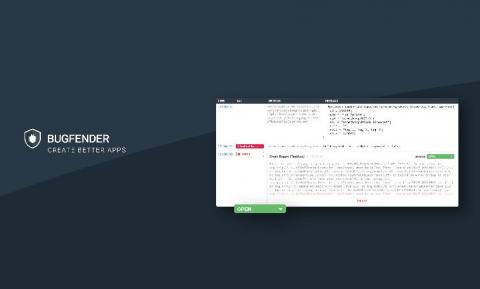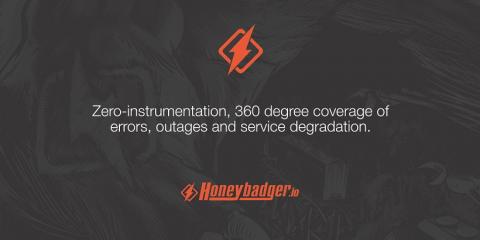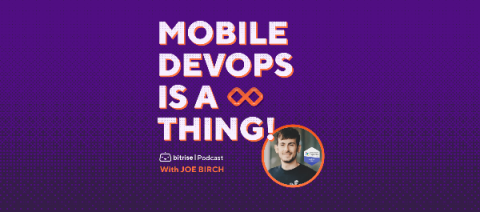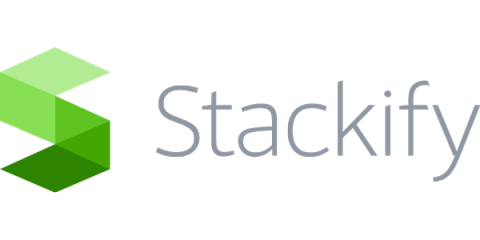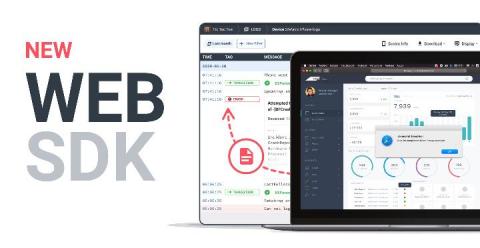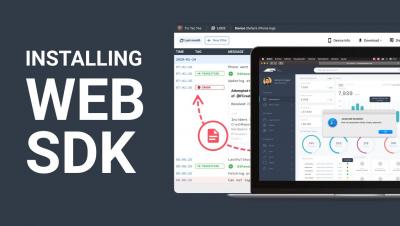PHP Memory Leaks, How to Find and Fix Them
Memory leaks can happen in any language, including PHP. These memory leaks may happen in small increments that take time to accumulate, or in larger jumps that manifest quickly. Either way, if your app has a memory leak, sooner or later it will cause problems. The source of and solution to PHP memory leaks aren’t always obvious, so you may need to try a few strategies before you eliminate the problem.













